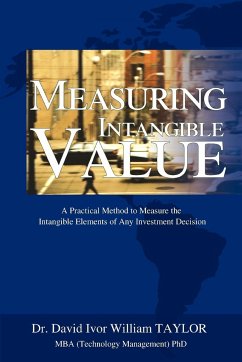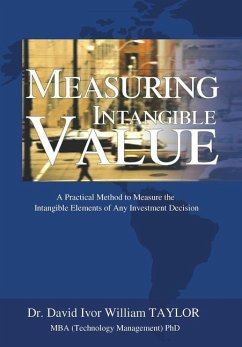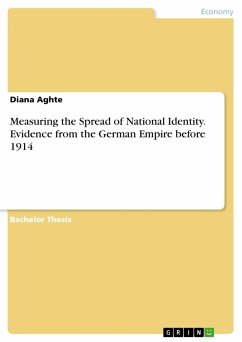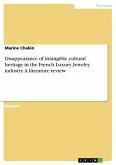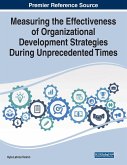Measurement of intangible benefits is a major problem for governments, commercial organizations, academics, and professionals involved in such disciplines as accountancy and economics. But it doesn't have to be difficult. Measuring Intangible Value brings clarity and understanding to this complex issue. Utilizing more than seven years of research into the concept of intangible value measurement, David I.W. Taylor attempts to bring two theories of intangible measurement together through the application of a redefined concept of value. These two theories include Michael Porter's value chain research and Thomas Saaty's structured decision-making method, analytical hierarchic process, and analytical network process. This study also develops the use of Porter's value chain theory to develop a process by which value can be categorized and then measured, and also considers identification of intangible benefits through categorization. These categories are then formulated as to the least amount of groupings necessary to assist in the options appraisal of project outcomes through the quantification of structured decision-making. Measuring Intangible Value brilliantly forges a relationship between academic theories to create a practical business model perfect for those in any type of organization!

